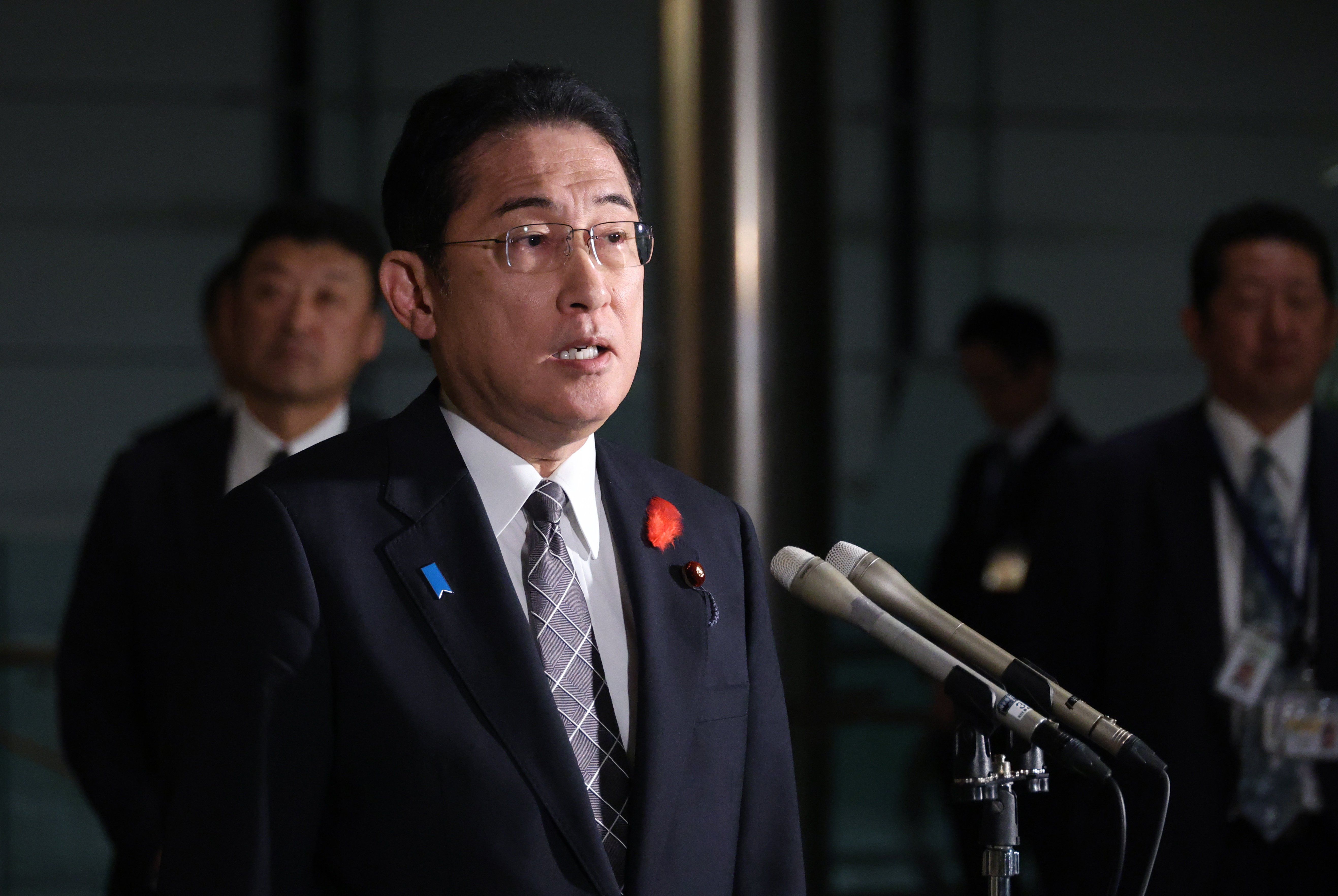Japan’s government has asked a court to strike the legal status of the Unification Church, which has been at the center of an investigation for over a year following the assassination of former PM Shinzo Abe. Abe’s killer, Tetsuya Yamagami, was outraged that the church had solicited hundreds of thousands of dollars in donations from his mother, ruining the family’s finances.
Yamagami told police he believed Abe was a supporter of the church, and while never a member, Abe did praise the movement’s family values. After the assassination, it was revealed that dozens of ruling Liberal Democratic Party politicians had connections to the church, including Abe’s grandfather. PM Fumio Kishida replaced his defense and economy ministers amid these revelations and passed stricter laws on how religious groups can fundraise.
Will this be the undoing of the church? It stands to lose its tax-exempt status, which it has allegedly exploited as it pressured members into making enormous donations. The government estimates the Church pressured about 1,550 individuals to donate an average of around ¥13 million (roughly $86,000) each.
The church is likely to appeal, and the case may go before Japan’s Supreme Court, but there is good reason to expect the government to win. Courts, after all, have already used the same powers to crack down on an exorcism cult and a terrorist sect.
Whatever goes down in court, the church’s political influence has already evaporated.
“It’s toast,” says Eurasia Group Japan expert David Boling, of the church’s future in Japan, adding that the court case may help Kishida as he eyes possible snap elections. “The Japanese public fully supports this move, so it's a political freebie for Kishida. The LDP wants nothing to do with the Unification Church.”
For more on the Unification Church and its role in Japanese politics, read our deep dive here. And, check out more of Boling’s insights on Kishida’s political outlook here.
